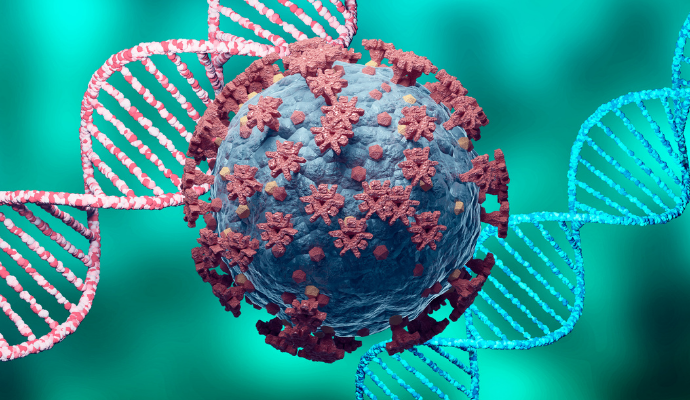Biogen to Develop, Commercialize Genentech’s Bispecific Antibody
Genentech’s bispecific antibody is currently in development to treat individuals with B-cell non-Hodgkin’s lymphoma (NHL), including diffuse large B-cell lymphoma (DLBCL).

Source: Getty Images
- Biogen recently exercised its option to participate in the development and commercialization of Genentech’s bispecific antibody, mosunetuzumab.
Mosunetuzumab is a CD20xCD3 T-cell engaging bispecific antibody currently in development to treat individuals with B-cell non-Hodgkin’s lymphoma (NHL), including follicular lymphoma (FL) and diffuse large B-cell lymphoma (DLBCL).
In June 2020, FDA granted mosunetuzumab breakthrough therapy designation to treat adults with relapsed/ refractory (R/R) FL who received at least two prior systemic therapies.
Under the agreement, Biogen will pay $30 million to Genentech, a member of the Roche Group, as part of the companies long-standing collaboration on antibodies targeting CD20. Biogen will have joint decision-making rights related to development and commercialization of mosunetuzumab.
Roche recently submitted an initial marking authorization application for mosunetuzumab to the European Medicines Agency. And Genentech plans to submit a biologics license application to FDA for approval consideration in the near future.
If approved, mosunetuzumab would be the first-in-class CD20xCD3 T-cell engaging bispecific antibody in NHL. The drug recently began a Phase 1b trial in patients with systemic lupus erythematosus.
In December 2021, Genentech announced pivotal Phase 1/2 study data on mosunetuzumab. In the study, the drug induced durable complete response lasting at least 18 months in heavily pretreated patients with R/R FL who received two or more prior therapies.
Mosunetuzumab elicited a 60 percent complete response rate and a median progression-free survival rate of 17.9 months. The median duration of response was 22.8 months among responders.
Additionally, data from the Phase 1b/2 study evaluating mosunetuzumab in combination with Polivy showed promising efficacy and favorable safety in heavily pretreated patients with aggressive R/R NHL.
In the study, patients elicited an objective response rate of 65 percent and a complete response rate of 48.3 percent. Cytokine release syndrome occurred in 18 percent of patients.
And most recently, FDA approved Genentech’s bispecific antibody, Vabysmo (faricimab-svoa), to treat neovascular or “wet” age-related macular degeneration (nAMD) and diabetic macular edema (DME).
Vabysmo is now the first and only approved bispecific antibody injectable eye medicine for nAMD and DME that improves and maintains vision with treatments from one to four months apart in the first year, following four initial monthly doses.
